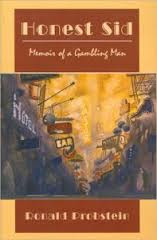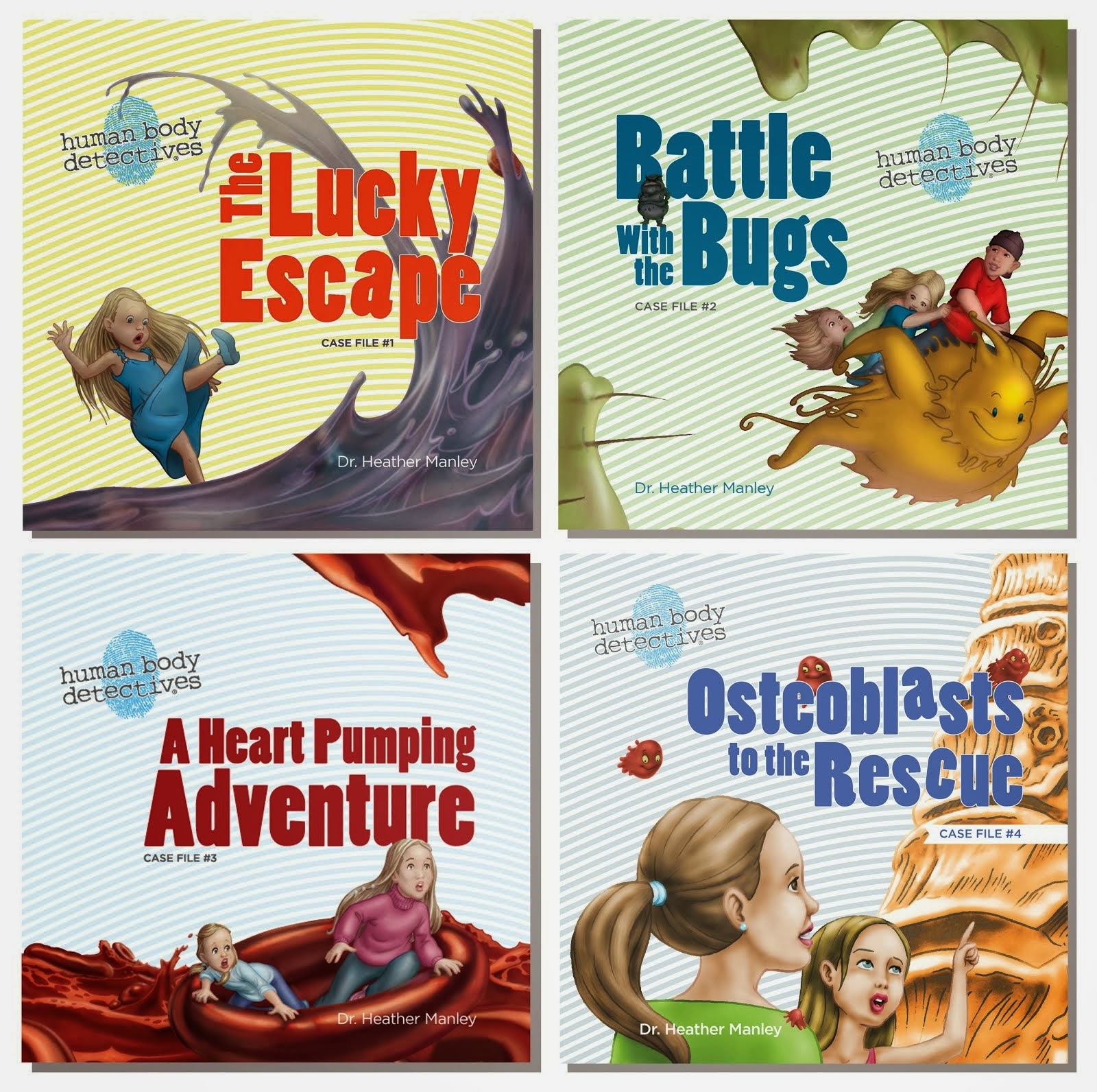How to avoid the rejection blues
You open the white envelope (or email) with a mixture of hope and trepidation, skim through the obligatory ‘thank you for sending…etc.’ and focus on the vital sentence. ‘However’ and ‘But’ alert you to yet another rejection; two little words that instantly banish your buoyant mood. Bursting into tears, taking to the bottle or consoling yourself with chocolate might seem good ways to avoid the rejection blues, but in reality the only solution is to move on.
If the publisher or editor has provided any comment on your novel/poem/short story, and this is rare these days, take note and set to work on yet another rewrite/edit. Most of all it pays to remember creativity demands dedication, long hours tapping a keyboard, cutting, pasting, deleting. When sentences are sacrificed for brevity or clarity, there can be almost physical pain as narrative wrenched from murky depths vanishes at the touch of a key. But there is also pure delight when endless editing uncovers grains of gold, so allow yourself to hope this is the manuscript that will one day attract a publisher.
After the receipt of numerous rejections, it can be tempting to declare oneself a total failure, bury the manuscript in the depths of a filing cabinet or take the extreme measure of deleting the file from your computer. If you can’t face another edit, I would suggest putting the manuscript aside for a while and turning your attention to a new project. Research can be absorbing, focusing the mind on a new topic and evicting old clutter. Writing a short story or poem is one method I use to banish the rejection blues. Creating a complete piece in a relatively short space of time helps me revitalise my flagging confidence and proves (to me) that there’s life in the old writer yet!
It also helps to remember that few writers find a publisher at the first attempt. Think of the number of times J.K. Rowling submitted her Harry Potter books before she found a publisher willing to take a chance on a new writer. Whether we writers like it or not, the prospect of making money is what rules the publishing world. In a time of fiscal austerity, risk-taking is not encouraged, so there are no funds put aside for new writing. But despite all the doom and gloom about the current state of the publishing industry, I believe books, print or electronic, will always be around and a well-written inspiring tale will eventually find its place.
General Information - Sannah and the Pilgrim by Sue Parritt
ISBN: 978-1-922200-14-3
Genre: Speculative Fiction / Sci-fi / Dystopian
Release Date: 26 April 2014 (Paperback and ebook)
Publisher: Odyssey Books (http://www.odysseybooks.com.
Amazon: http://amzn.to/1kBKqan
B&N: http://www.barnesandnoble.com/
Facebook: https://www.facebook.com/sue.
Reviewers:
The title is also available from NetGalley: https://www.netgalley.com/
Description:
When
Sannah the Storyteller, a descendant of environmental refugees from
drowned Pacific islands, finds a White stranger on her domestep, she
presumes he’s a political prisoner on the run seeking safe passage to egalitarian Aotearoa. However, Kaire’s unusual appearance, bizarre behaviour, and insistence he’s a pilgrim suggest otherwise.
Appalled
by apartheid Australia, Kaire uses his White privileges to procure
vital information for Sannah and her group of activists regarding new
desert prisons that are to be built to house all political prisoners.
The group plans sabotage but needs help, and Kaire is a willing
accomplice. But when Sannah turns Truthteller and threatens to reveal
the country’s true history, even Kaire’s White privilege and advanced technology cannot save Sannah and her daughter from retribution.
About Sannah and the Pilgrim:
Sannah and the Pilgrim is a tale of courage, defiance and deceit that asks the reader, ‘Would you risk death by telling the truth about your country, or would you play it safe and spend your life as a storyteller?’
Are you concerned about our governments’ (both
past and present) failure to act on climate change and the detention
and inhumane treatment of refugees? I am, so I have drawn on
contemporary conservative attitudes to present a dystopian view of a
future Australia in my speculative fiction novel Sannah and the Pilgrim. Read it and discover what could happen to our‘lucky’ country.
About the Author:
Sue
Parritt is an Australian writer, originally from England. Her poetry
and short stories have been published in magazines and anthologies in
Australia, Britain and the USA. After graduating BA University of
Queensland 1982 (majors: English Literature, Drama and French), Sue
worked in university libraries until taking early retirement in 2008 to
pursue her long-held dream of becoming a professional writer. Since
then she has written Sannah and the Pilgrim, numerous short stories and poems and‘Feed Thy Enemy’,
a feature film script set in Naples in 1944 and 1974 and based on a
true story (Sue is currently seeking a producer). She recently completed
a second novel Safety Zone and is now writing a sequel to Sannah and the Pilgrim – the working title is Pia and the Skyman.























